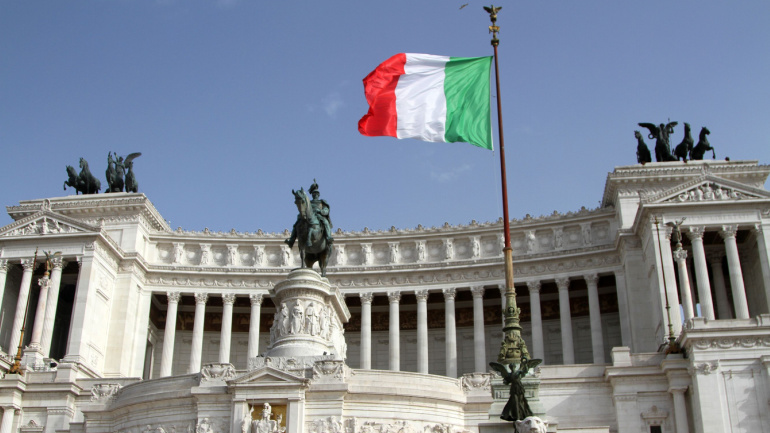
The Italian government has announced plans to acquire a stake in telecommunications company TIM’s networks operation, NetCo. This signal from the Ministry of Economy and Finance is seen as a constructive element in clearing the path for the sale. It’s important to note that involvement from the state was always considered pivotal in the transaction. Therefore, this recent development is being interpreted as positive for TIM.
The ministry has succinctly stated that this deal indicates that the government will exercise significant influence over future strategic decisions surrounding NetCo. We now await a prime ministerial decree to round off the procedural processes.
Italian Prime Minister Giorgia Meloni, who has been an active participant in the narrative concerning the sale of TIM’s networks business, has been outspoken about her intent to re-nationalise assets like TIM’s telecoms networks. This somewhat challenged the primary goals of the telecommunications provider, which was to secure a favorable price for its assets to maintain financial stability and satisfy its shareholders. With the state having a voice in this matter through the state-owned lender Cassa Depositi e Prestiti (CDP), (TIM’s second largest shareholder), and the ability to wield a golden power in consideration of national security, their involvement was destined.
When investment group KKR was identified by TIM as the favored bidder for NetCo over potentially less profitable offers from conglomerates including CDP, rumors were rife about possible other stakeholders. However, the government stepping forward denotes its intent for more direct involvement.
In essence, the memorandum of understanding means that the government is endorsing the KKR deal, which is undoubtedly a relief for TIM. Nevertheless, several other stages need to be fulfilled. Foremost among them is the need for EU authorization under state aid norms due to government involvement. This obstacle is likely to be overcome as the conditions for both the state and KKR are anticipated to be the same.
Complicating matters further is the still unresolved issue concerning French firm Vivendi. The company had estimated a steeper price for the TIM network assets than the bid amounts, leading to disparity in the billions of euros. While Italian media suggests KKR’s winning bid at €23 billion (including €2 billion in earn-outs), Vivendi valued the assets at €31 billion with flexibility to reduce to €26 billion. The Italian financial newspaper “Il Sole 24 Ore” reports that Vivendi views the government’s recent moves as encouraging. However, they also seek serious discussions concerning the valuation, besides their reservations on the concept of structural separation.
Although considering all these factors, the expeditious arrival of TIM’s MoU with the government is a positive sign. This hopefully suggests that an end-September deadline for the creation of a binding offer from TIM and KKR is achievable with the government’s support.




